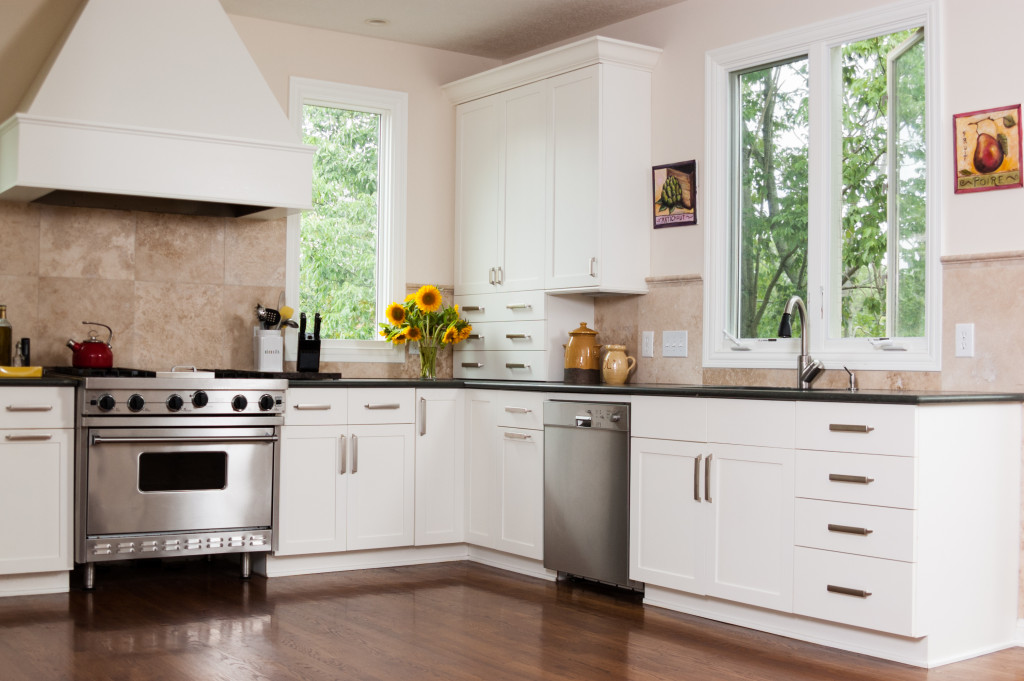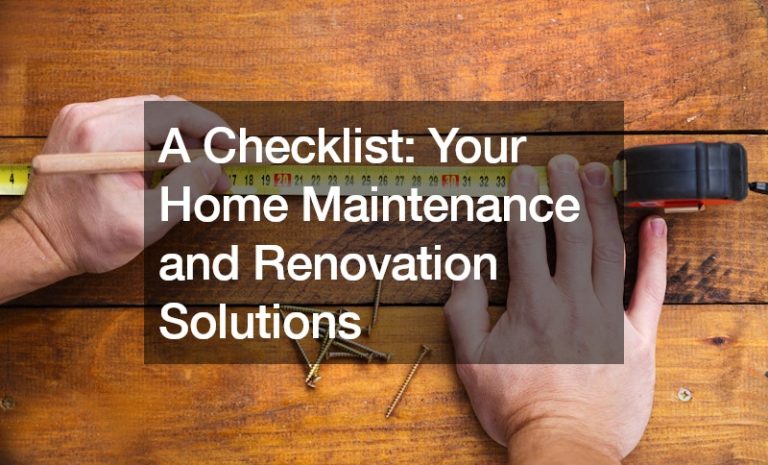The pandemic did a number on the world’s economy, sparing no industry or sector. Food supply is limited. Logistics companies have to halt operations. Companies suddenly have to implement a work-from-home setup to keep their employees safe from the virus.
Despite this, people are beginning to adjust to the “new normal.” They are slowly finding ways to live with the virus and treat it like it’s part of any ordinary day.
Some businesses, in fact, have successfully reopened. Amusement parks, for instance, are accommodating small groups of people. There are also restaurants that are adjusting their layout to accommodate the new social distancing rule.
One industry, however, is interestingly benefiting from the pandemic and is experiencing quite a resurgence: the real estate market. But why is this the case and should you follow suit?
Why People Are Buying Homes
1. The House Has Become A Valuable Asset
With everyone having to stay at home for months to stay safe, many have realized just how valuable a house is. A home is a property that you can change to suit your liking. If you want to expand your home by building a sunroom, for instance, you could do so without hesitation. It’s your house, after all.
What’s more, a home is a place where you can feel comfortable, with all the comforts you need in your everyday life.

2. Work and Study at Home
Many companies and schools are forced to switch to a work or study from home setup. People who are renting or living in a tiny house will realize that they are not equipped to get work done effectively. After all, small spaces make for noisier rooms. If you’re sharing your house with your family members, focusing on the task at hand can get really difficult.
Enter large houses or homes with multiple rooms on sale. These residential properties are not surprisingly becoming popular. When people have a room for themselves, they can work or study more effectively and efficiently.
3. The Price Drop
With many people are selling their businesses and properties in the second quarter of the year, the prices of real estate properties dropped significantly. Large declines in the housing market favor buyers.
Despite the economic slump, many people have taken advantage of all-time lows to purchase houses that suit their needs. During times like these, owning a home to physically keep your distance from the people is beneficial.
Should You Buy Now?
But the question still remains, should you buy a house now? The answer to this question is complicated. First of all, the pandemic simply lowered the mortgage interest rate. Take note that it did not bring the figure all the way down to zero. The decline in the interest rate creates a false sense of relief that you can afford a house now.
Although you might be able to fund a mortgage loan for a house, your financial plans in the next few years will ultimately dictate whether it’ll be difficult for you to maintain that.
Second, trends shouldn’t decide whether you should purchase something or not. Your buying powers are yours and yours alone. The sole decision of whether you should buy a house shouldn’t come from market trends or sudden discounts but from buyer readiness and commitment.
Thinking of Buying a House During the Pandemic? Answer These Questions
Remember that buying a house is a major financial commitment that takes time. This isn’t something that you should decide on a whim. If you need help determining whether getting a home in the middle of a pandemic is right for you, try answering the following questions:
How much house can you afford?
Peeking at the residential properties for sale right away can be tempting, but you shouldn’t be doing this at the start. Instead, your first step should be to figure out a comfortable price range.
You can begin your home buying journey with a mortgage pre-approval. This is where the lender looks at your financial standing closely to determine how much you can borrow. If your finances are in great shape, you can expect them to offer you the maximum home loan amount for which you qualify.
This doesn’t mean, though, that you need to utilize the entire amount offered by the lender. You’re not obligated to do that. As a matter of fact, a smaller home loan can be a better option. This will help you save more for retirement and free up your budget.
A mortgage pre-approval is necessary for establishing a budget. This move, however, can make you a more appealing buyer, which is crucial in a hot real estate market. Coming to the table with your personal finances in good shape and in order demonstrates to home sellers everywhere that you are a viable candidate for easy and fast closing.
When do you plan to start looking for a new home?
Once you have settled on the price range you want for your new or dream house, you can begin checking out available properties.
Many home buyers search on the web, which is an excellent way to browse several residential properties simultaneously. You, however, will want to see your top choices in person, as videos and pictures can conceal important flaws. What’s worse, home sellers can edit the photos to make the house look appealing even when it’s not.
Before you browse, come up with a list of needs and wants. You can, for instance, might want a mini home garden, but you might need a home office if you see yourself working from home most of the time.
Your list can also note other factors, such as the following:
- The number of bathrooms and bedrooms
- Public transportation and road infrastructure
- Access to schools, universities and nearby amenities
- The neighborhood or community you’re planning to move in
How much down payment will you need?
The down payment on a house is the amount you need to pay before starting your monthly mortgage payments. If your down payment is less than 20 percent of the price of the residential property, you can expect to pay mortgage loan insurance, an expense added to your monthly home loan payment.
If you need assistance in finding the ideal amount for your down payment, get in touch with your mortgage lender. They can look at your debt-to-income ratio. The lender gets this number by taking all your monthly debts, such as car loans and student loans, and then dividing them by your gross monthly income. This will help them calculate an affordable monthly payment. This will also dictate the down payment amount you need to keep your monthly mortgage payments manageable.
Remember that the larger your down payment, the less you will pay in interest over the life of the mortgage. This is why some people save up and make a hefty down payment before starting the home buying process.
What should you look for in a home?
The criteria for the “ideal home” are different for everyone. It can depend on many factors, such as:
- The personal needs and wants of the prospective home buyer
- Budget
- The size of the family
Some people are just fine with overlooking worn floors or an outdated kitchen to snag a more competitive price. Others, especially those who have the funds to buy a bigger home, may want a home with the latest amenities and design.
Every home buyer, though, should make sure that the residential property they are planning to buy is structurally sound. This involves arranging a home inspection before completing the purchase.
Cosmetic issues in a home, such as dull-looking paint in the living room, are relatively easy to fix. Simply purchase a paint bucket or hire an interior painter to repaint the space that needs visual improvement. Other house problems, such as a cracked foundation or a hole in the roof, can be expensive to repair.
Do you need the knowledge or assistance of a real estate agent?
Given that there’s a lot of information on the web, taking on the home buying process by yourself might seem easy at the first glance. After all, if you need clarification on a particular home purchasing process, you can simply Google the info you need.
A real estate agent, though, can represent your interests if you want to push home buying. They can also provide a wealth of information on various neighborhoods — info that may not always be available when you go online. Your real estate agent can also help you determine if the dream house you would like to buy has an appropriate price.
Here’s the best part: this expertise comes for free if you’re a buyer. The seller shoulders the whole real estate commission, which is a win for you.
If you need assistance in looking for the right real estate agent, ask your family members or friends for recommendations. You may also want to interview several agents to find the right professional who can genuinely assist with your issues.
So, should you buy a new house now or do it after the pandemic subsides? The answer is up to you. If you think you’re ready, make sure that you consult this with your family, as home buying is a major, life-changing decision.






